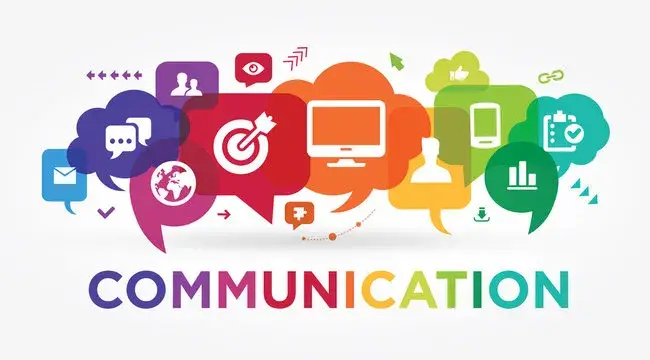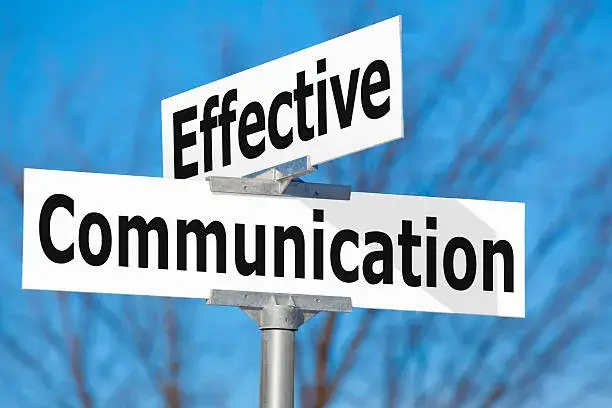Introduction
Effective communication is more than just speaking clearly or writing well—it is the foundation of meaningful relationships, successful businesses, and personal growth. Whether in the workplace, academic setting, or personal life, the ability to express thoughts, listen actively, and build mutual understanding is a skill that can transform outcomes. In today’s fast-paced digital world, where virtual interactions are as common as face-to-face conversations, mastering effective communication has become even more critical.
This roadmap will guide you through three powerful steps that can unlock the true potential of communication and help you succeed in every aspect of life.
Effective communication
Effective communication is the backbone of personal and professional growth. By mastering the art of communication, you’ll be able to build stronger relationships, convey your ideas with clarity, and achieve your goals with confidence. Here’s a step-by-step guide to help you enhance your communication skills:
Effective communication is the art of expressing ideas clearly, listening with empathy, and ensuring that the message is understood the way it was intended. It is more than just speaking or writing — it’s about creating mutual understanding. Whether in personal relationships, academic environments, or professional workplaces, effective communication builds trust, reduces conflict, and strengthens collaboration.

Communication
*Step 1: Lay the Foundation of Effective Communication*
1. *Active Listening*: Listen attentively to understand, not just respond. Show interest with eye contact and clarifying questions.
2. *Clear and Concise Messaging*: Avoid using jargon and keep your message simple, structured, and to the point.
3. *Non-Verbal Cues*: Align your words with body language, tone, and expressions to convey confidence and authenticity.

*Step 2: Build Meaningful Relationships Through Communication*
1. *Empathy*: Respect diverse perspectives, validate emotions, and show genuine concern to foster deeper connections.
2. *Feedback Culture*: Give and receive constructive feedback graciously to promote growth and improvement.
3. *Adaptability*: Adjust your communication style based on your audience and embrace cultural sensitivity to ensure effective communication.
*Step 3: Master Tools and Techniques to Stand Out*
1. *Storytelling*: Share relatable examples that resonate and inspire your audience.
2. *Technology*: Leverage visuals, videos, and collaboration tools to make a lasting impact.
3. *Continuous Learning*: Attend workshops, read, and practice daily to refine your skills and stay ahead of the curve.
By following this roadmap, you’ll be able to unlock the full potential of effective communication. Remember, communication is a skill that can be developed with practice, patience, and persistence. Invest in yourself, and watch your personal and professional relationships flourish!
Ways to Build Empathy in Communication
-
Acknowledge others’ perspectives, even if you disagree.
-
Use positive body language and supportive tone.
-
Adapt your message according to your audience’s emotions and needs.
Why Effective Communication Matters
Strong communication skills can:
-
Improve teamwork and collaboration.
-
Reduce misunderstandings and conflicts.
-
Boost personal confidence in social and professional settings.
-
Strengthen leadership qualities.
-
Help build long-term trust in relationships.
In short, effective communication is not just a “soft skill”—it is a life skill.
Benefits of Effective Communication in Personal and Professional Life
-
Builds stronger personal relationships
-
Enhances teamwork and collaboration at the workplace
-
Reduces misunderstandings and conflicts
-
Improves productivity and decision-making
-
Strengthens leadership and influence
Conclusion
Effective communication is the backbone of success in every field. By following this 3-step roadmap—active listening, clear expression, and emotional connection—you can unlock your true potential and become a more impactful communicator. Remember, communication is not a one-time effort but a continuous practice that evolves with every interaction.
So, the next time you step into a meeting, write an email, or have a personal conversation, apply these steps. You’ll notice the difference in how people respond, how relationships strengthen, and how opportunities unfold.
Communication is power—and when mastered, it can truly transform your personal and professional journey.
Checkout more Blogs – Click Here
Visit our LinkedIn Page – Click Here